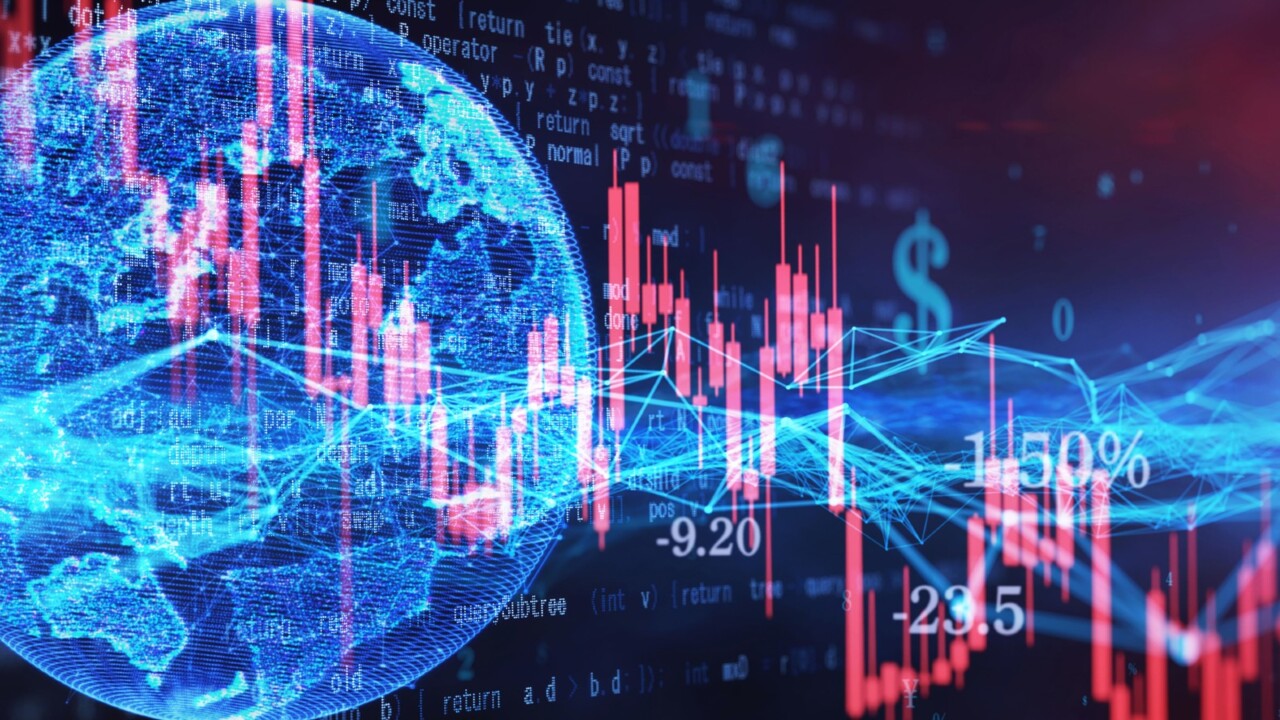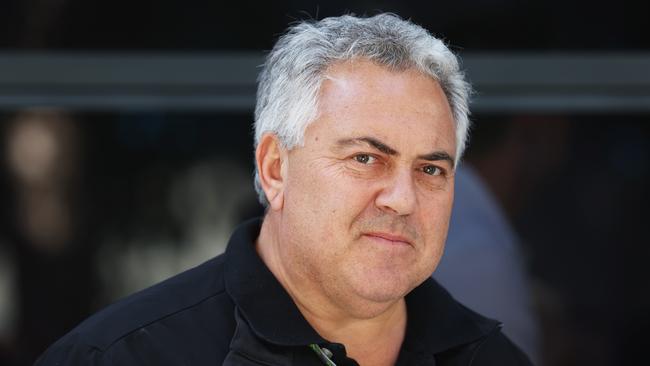
“Despite our citizens’ penchant – almost enthusiasm – for self-criticism and self doubt, I have yet to see a time when it made sense to make a long-term bet against America,” he said in his letter to shareholders this year.
“And I doubt very much that any reader of this letter will have a different experience in the future.”
In his own way, former federal treasurer Joe Hockey, who went on to become Australian ambassador to Washington and has now established US-Australia consulting firm Bondi Partners, made a similar case when he spoke at the Citi Australia Investment Conference in Sydney on Wednesday.
While the world is watching with concern at the prospect of a US presidential run-off between two elderly political figures next year – the 80-year-old President Joe Biden and the controversial 77-year-old former president Donald Trump – and political and social divisions in the country are on the rise, it would be a mistake to ignore the resilience and adaptability of the US economy and the constant push for innovation which is such a long-term driver of its success.
As Hockey told the conference, Americans themselves are openly asking the question – how did it come down to the fact that these two will most likely be the candidates for the election? Can’t a well-educated country of some 330 million people produce some better candidates?
US politicians keep on spending, with the US debt level now up to more than 125 per cent of GDP and the speaker-less US Congress now looks increasingly dysfunctional.
There are many shortcomings in the US economy, but as Hockey also pointed out, “the US is the most energetic, creative nation on Earth. The US is the only place in the world that truly marries innovation with capital.”

Hockey went on to argue that it was easy to name a host of US world-leading companies and to point out that US research in many areas is world-leading – much larger to name as many global corporate giants from many other countries.
While some might regard his comments as being too enthusiastic and broad brushed, they are a reflection of the need to view the US – particularly over the next election year – through educated lenses which can assess the many different facets of the world’s largest economy.
The US capacity for innovation, reinvention, resilience and adaptability continues, somehow, despite its overt political tensions and social divisions.
While many – including many Americans themselves – are talking about how divided their society is now, with references to a possible “civil war”, Hockey recalled that the country has gone through many periods of serious division in the past, from the Civil War itself of 1861 to 1865 which saw the deaths of more than 600,000 people, the demonstrations and divisions over Vietnam and the Civil Rights Act in the 1960s, and assassinations such as those of John and Robert Kennedy and Martin Luther King.
Despite the political issues and tensions, the US dollar has become a safe haven for investors in recent years – or at least compared to the alternatives.
This could become even more so as global tensions rise in the wake of the Middle East crisis.
One only has to look at the slump in the Australian dollar v the US dollar in recent years to show how global investors see Australia v the US as a place to put their money.
Back in the middle of 2011, the Australian dollar was worth as much as $US1.10.
It has continued to slump in recent years to around US64c.
It has been a similar picture against the outlook for investing in Europe.
Since 2009, the US dollar has increased in value, from buying only .67 of a Euro, to around .94 of a Euro at the moment and could be heading towards parity with the European currency.
Hockey’s comments are broad generalisations from someone who has done well out of his ties at the top level of the US – but they come against a backdrop of much-vaunted predictions of a US recession in the wake of the big rise in US interest rates under the tighter monetary policy administered by the Federal Reserve Board.
The future outlook for the US economy was another theme of the Citi conference, with some – including Citi’s US economist Veronica Clark – still predicting that the Fed’s interest rate rise could see a recession next year.
But the US economy has continued to defy all odds, with US consumers proving much more resilient than expected, the housing market holding up better than expected and unemployment still at only 3.67 per cent in September.
Clark admitted that economists, including herself, had been expecting a recession in the US by now, given the Fed’s stance.
Clark is still arguing that a “recession” is all but inevitable given the rate hikes but is not putting a time on it.




Billionaire US investor Warren Buffett has made a point of telling his investors that it would be a mistake to bet against the US economy.